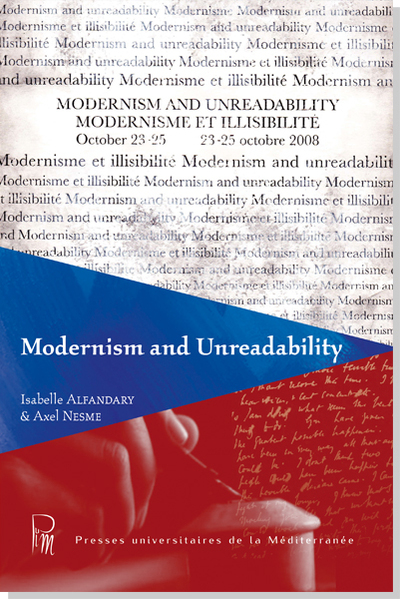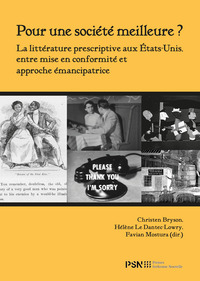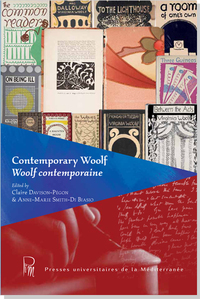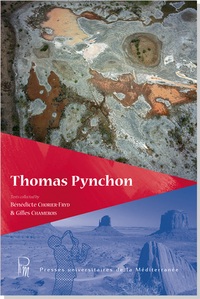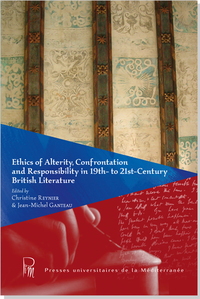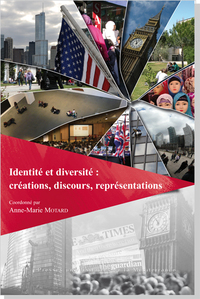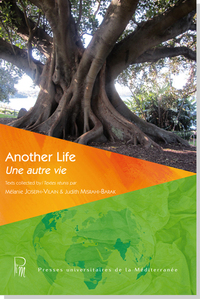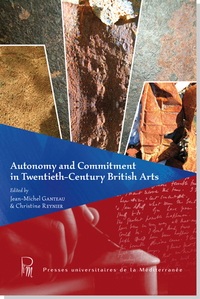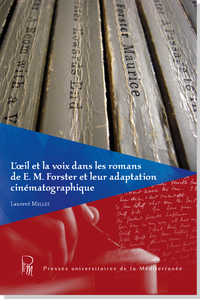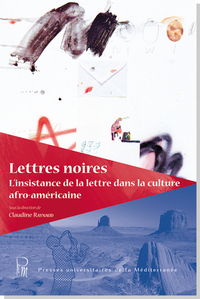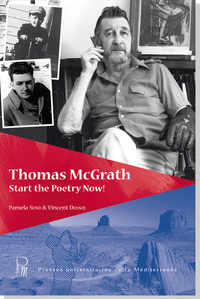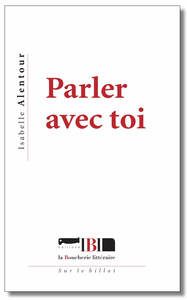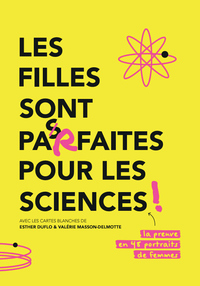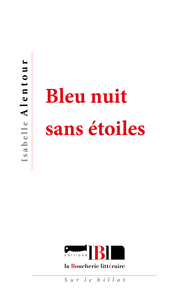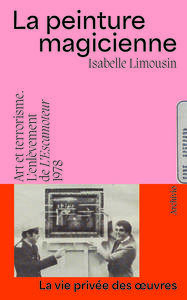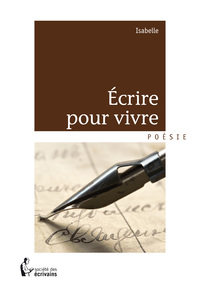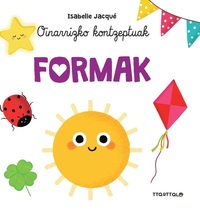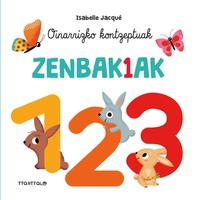Nous utilisons des cookies pour améliorer votre expérience. Pour nous conformer à la nouvelle directive sur la vie privée, nous devons demander votre consentement à l’utilisation de ces cookies. En savoir plus.
Modernism and Unreadability : Modernisme et illisibilité 23-25 octobre 2008
EAN : 9782842699291
Édition papier
EAN : 9782842699291
Paru le : 2 nov. 2011
18,00 €
17,06 €
Disponible
Pour connaître votre prix et commander, identifiez-vous
Notre engagement qualité
-
 Livraison gratuite
Livraison gratuite
en France sans minimum
de commande -
 Manquants maintenus
Manquants maintenus
en commande
automatiquement -
 Un interlocuteur
Un interlocuteur
unique pour toutes
vos commandes -
 Toutes les licences
Toutes les licences
numériques du marché
au tarif éditeur -
 Assistance téléphonique
Assistance téléphonique
personalisée sur le
numérique -
 Service client
Service client
Du Lundi au vendredi
de 9h à 18h
- EAN13 : 9782842699291
- Réf. éditeur : OUVMODUNR
- Collection : ANGLOPHONES
- Date Parution : 2 nov. 2011
- Disponibilite : Disponible
- Barème de remise : NS
- Nombre de pages : 276
- Format : H:240 mm L:160 mm
- Poids : 600gr
- Résumé : Questioning “Modernism and Unreadability” means exploring Modernism from the perspective of one of its most roblematic effects: unreadability. Modernism is approached through the lens of texts known to be particularly resistant to interpretation—“ borderline” modernist texts which fall de facto under the category of the unreadable, i.e., texts which need to be “unraveled” (Barthes) rather than deciphered. Those texts, now part of the literary canon, raise problems of deciphering/comprehension which defer and displace the question of interpretation. From Stein to Eliot, several canonical texts foil reading, articulation, and commentary. Given its intensity, we need to ask ourselves to what extent modernist unreadability defines a unique historical moment. This latter hypothesis underwrites a polemical notion of literary history as a succession of breaks made manifest by the emergence of radically new paradigms—such as unreadability— through which Modernist writings question literariness from the angle of literalness, and challenge literature—both as a practice and as a historical institution—to account for itself, to justify its procedures and its tacitly or implicitly held beliefs, to deconstruct the very meaning of writing and reading.

